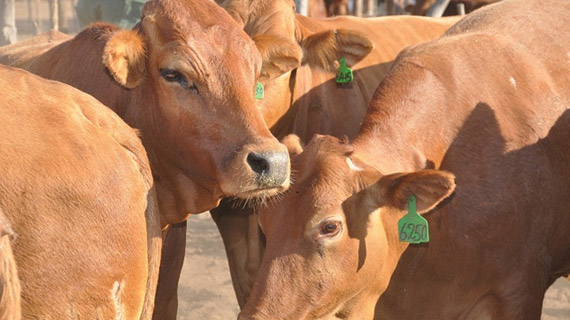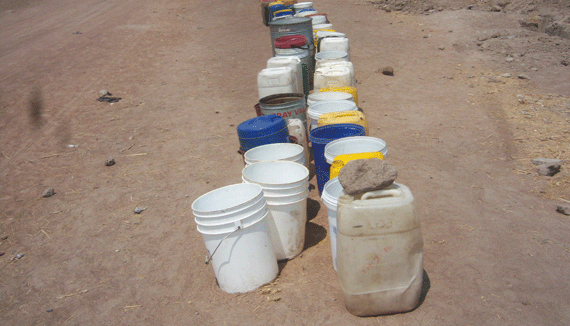
THE Department of Livestock and Veterinary Services in Bulawayo has urged farmers to dip their cattle and vaccinate them against diseases to reduce the tick population and load of worms inside the livestock.
Annahstacia Ndlovu OWN CORRESPONDENT
In an exclusive interview, the chief veterinary epidemiologist officer (training and advisory) in the department, Martin Sibanda ,said an outbreak in livestock diseases such as anthrax, lumpy skin and blackleg was reported in February this year.
He said farmers must start de-worming their livestock.
Sibanda said the country experienced incessant rains that provided good conditions for the flourishing of livestock diseases.
“Cattle, sheep, goats and donkeys are the most affected animals during the summer season and farmers have to be highly alert and look after their livestock,” he said.
“Dipping and vaccinating livestock against diseases is the only ideal measure meant to avoid high livestock mortality during the summer season.”
He said that heartwater disease affected cattle and goats while sheep and donkeys were affected by biliary. Gall sickness (anaplasmosis) also affected cattle during the summer season.
- Chamisa under fire over US$120K donation
- Mavhunga puts DeMbare into Chibuku quarterfinals
- Pension funds bet on Cabora Bassa oilfields
- Councils defy govt fire tender directive
Keep Reading
“If animals are not treated, you can get as high as 80% to 100% mortality in cases where there is no treatment,” Sibanda said.
“It is for this reason we dip. Currently, it costs $4 to dip livestock per year. The government and farmers manage dipping their livestock by each contributing $2 towards meeting the cost of dipping per week.
“Most animals succumb to tick borne diseases especially in summer.
“The best way to curb animal deaths is for the farmers to spray the cattle since the vet services may have challenges with chemicals in January and February because of delayed fiscal disbursement and late contribution by farmers.”
He added that wet weather encouraged the proliferation of biting flies, which spread the lumpy skin disease that affected livestock in Matabeleland.
Sibanda said diarrhoea or loss of weight in livestock was a sign that they had been infected.
Sibanda urged farmers to seek alternative kraals without dung during the summer season to protect them from suffering foot-rot.
According to the Agriculture, Mechanisation and irrigation Development ministry’s first round crop and livestock assessment report, more than 3 100 cattle died from diseases in the 2013 to 2014 summer season.
The report revealed that 1 570 cattle died of tick borne diseases and 75 from anthrax while lumpy skin claimed 537 and black leg killed 980.










